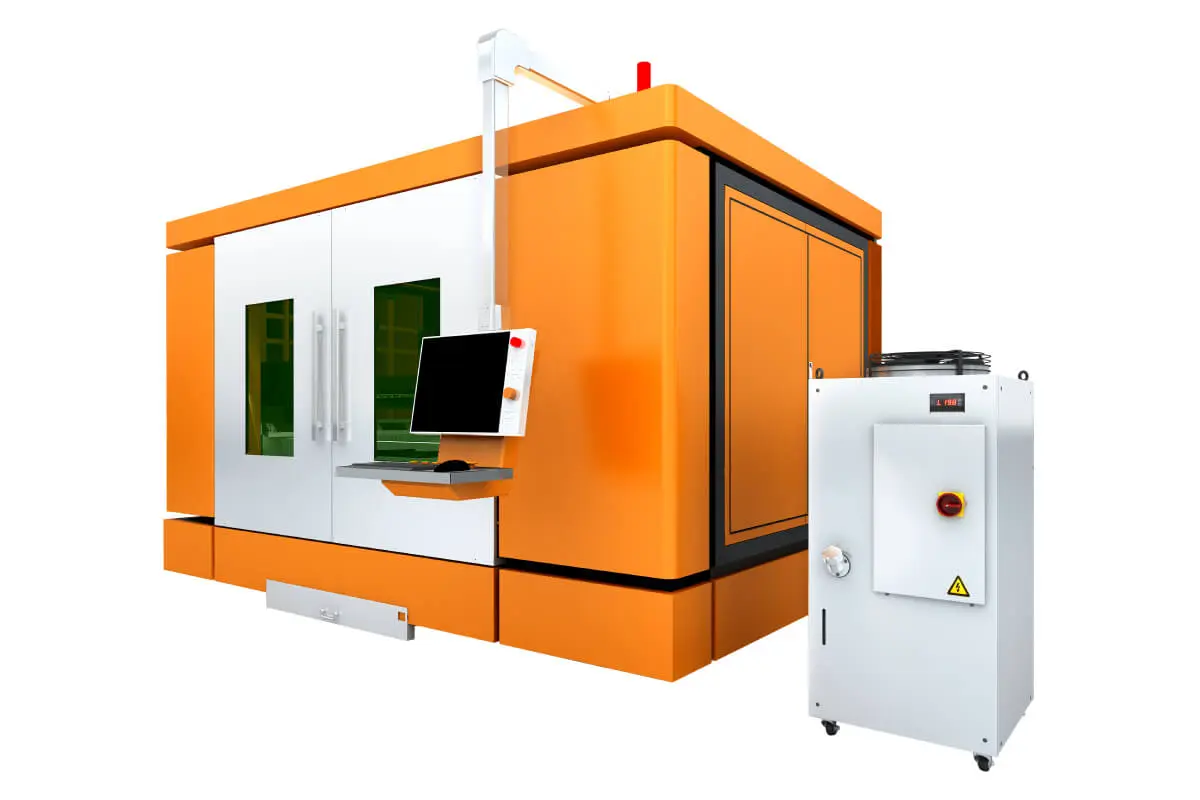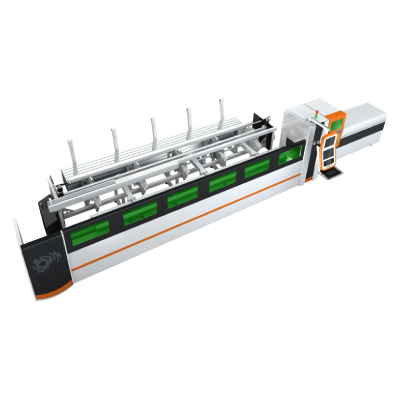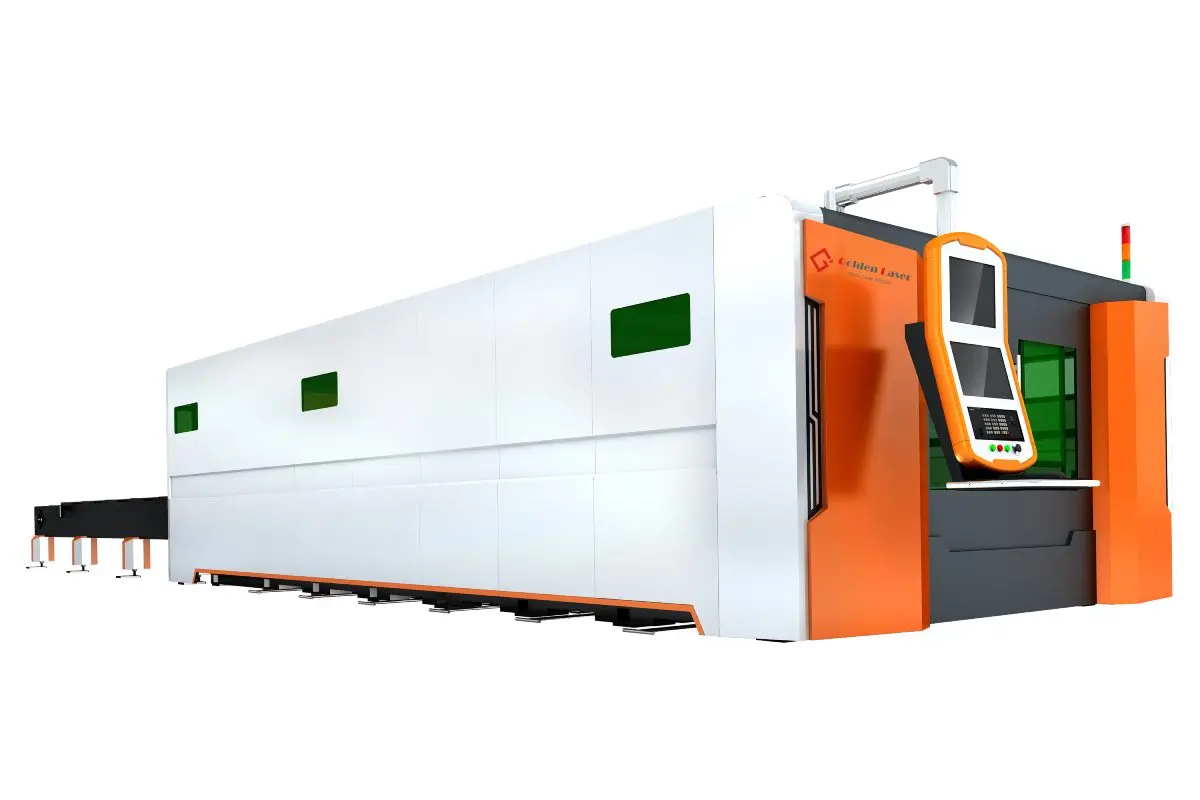****
In the rapidly evolving world of industrial manufacturing, laser technology has emerged as a crucial tool that enhances productivity and efficiency. Among the various laser technologies, the IPG Fiber Laser stands out due to its remarkable performance and versatility. Offering a range of benefits that traditional laser systems have struggled to match, IPG Fiber Lasers are increasingly being adopted across diverse industries. This article delves into the advantages and applications of IPG Fiber Laser technology, shedding light on why it has become indispensable in modern manufacturing frameworks.
What is IPG Fiber Laser?
IPG Fiber Laser systems are solid-state lasers that utilize optical fibers as a primary gain medium. Unlike traditional CO2 or solid-state lasers, what makes IPG Fiber Lasers unique is their use of doped optical fibers, where rare-earth elements like ytterbium are used to produce laser light. The process involves a pump laser energizing the doped fiber to create a coherent light output, which is then focused for various machining applications.
Advantages of IPG Fiber Lasers
1. **High Efficiency**: One of the most significant advantages of IPG Fiber Lasers is their energy efficiency. Often achieving efficiencies of over 30%, these lasers convert electrical energy into laser light with minimal waste. This translates to lower operating costs and a reduced carbon footprint, making them an environmentally friendly option.
2. **Excellent Beam Quality**: IPG Fiber Lasers produce a high-quality beam with a small focus diameter. This superior beam quality allows for precise cutting, engraving, and welding processes, enabling manufacturers to achieve intricate designs and tight tolerances without degrading the material.
3. **Low Maintenance**: Due to their robust construction and the absence of moving parts, IPG Fiber Lasers require significantly less maintenance compared to other laser types. This reliability minimizes downtime and operational disruptions, ultimately enhancing productivity.

Exploring the Advantages and Applications of IPG Fiber Laser Technology in Modern Manufacturing and Industrial Processes
4. **Versatility**: IPG Fiber Lasers can process a wide range of materials, including metals, plastics, wood, and ceramics. Their ability to cut, engrave, and mark materials makes them suitable for various applications, from automotive and aerospace to jewelry crafting and signage production.
5. **Compact Design**: Their smaller footprint is another appealing factor. Compared to traditional lasers, IPG Fiber Lasers occupy less workspace, which is a crucial consideration in modern manufacturing facilities which often have limited floor space.
6. **Scalability**: IPG provides a range of laser power options, allowing manufacturers to easily scale their operations based on specific needs. Whether it’s for a small workshop or a large manufacturing plant, IPG Fiber Lasers can be tailored to fit any application.

Exploring the Advantages and Applications of IPG Fiber Laser Technology in Modern Manufacturing and Industrial Processes
Applications of IPG Fiber Laser Technology
1. **Metal Cutting and Fabrication**
One of the most prevalent applications of IPG Fiber Lasers is in metal cutting. Their high speed and precision make them ideal for cutting through various types of metals, including stainless steel, aluminum, and brass. Industries such as automotive and aerospace heavily rely on these lasers for fast and accurate metal fabrication, significantly reducing cycle times and production costs.
2. **Welding**
IPG Fiber Lasers are extensively used in welding applications, particularly for thin-walled materials. Their ability to deliver concentrated energy allows for deep penetration and narrow weld seams, which is essential in industries like automotive manufacturing and electronics where weight reduction is critical.

Exploring the Advantages and Applications of IPG Fiber Laser Technology in Modern Manufacturing and Industrial Processes
3. **Marking and Engraving**
The precision and flexibility of IPG Fiber Lasers also lend themselves well to marking and engraving tasks. From creating intricate designs on jewelry to adding barcodes and serial numbers on industrial components, these lasers provide high-quality results that are permanent and resistant to wear.
4. **3D Printing**
Advancements in additive manufacturing have seen the emergence of IPG Fiber Lasers in 3D printing processes, particularly in metal 3D printing. The fine control and precision offered by fiber lasers facilitate the production of complex geometries that traditional methods often fail to achieve.
Conclusion
The IPG Fiber Laser represents a significant advancement in laser technology, bringing together efficiency, precision, and versatility that caters to the demands of modern manufacturing. As industries continue to push the boundaries of innovation, the adoption of IPG Fiber Lasers is set to grow, paving the way for smarter, faster, and more sustainable manufacturing processes. With their numerous advantages and diverse applications, IPG Fiber Lasers are not just a passing trend; they’re an integral part of the future of industrial production. Fiber Laser Cutter For Sale



